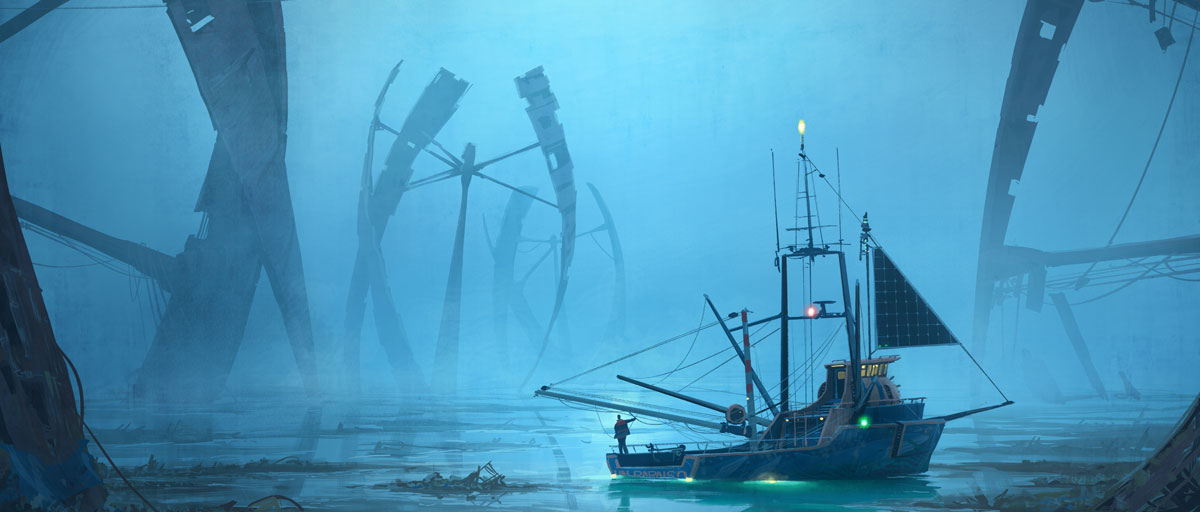Building capacities for transformative change towards sustainability: Imagination in Intergovernmental Science-Policy Scenario Processes
Summary
Scenario development has been recognized as a potential method to explore future change and stimulate a reflective process that can contribute to more informed decision-making. The assessment process under IPBES (the Intergovernmental Science-Policy Platform on Biodiversity and Ecosystem Services) has however shown that the current predominantly biophysical and economic models and scenario processes for exploring the future of biodiversity, ecosystem services and their contributions to human wellbeing are insufficient to capture the complexity and context-specific nature of the problems facing these sectors. Several important challenges have been identified that require a more in-depth analysis of where more imaginative scenario efforts can be undertaken to address this gap.
In this paper, we identify six key characteristics necessary for scenario processes: adaptability across diverse contexts, inclusion of diverse knowledge and value systems, legitimate stakeholder engagement that foregrounds the role of power and politics, an ability to grapple with uncertainty, individual and collective thinking mechanisms and relevance to policy making. We compared four cases of imaginative, arts-based scenario processes that each offer aspects of meeting these criteria. These approaches emphasise the importance of engaging the imagination of those involved in a process and harnessing it as a tool for identifying and conceptualising more transformative future trajectories.
Drawing on the existing literature, we argue that there is value in fostering more inclusive and creative participatory processes that acknowledge the importance of understanding multiple value systems and relationships in order to reimagine a more inclusive and just future. Based on this, we reflect on future research to understand the transformative role that imagination can play in altering and enhancing knowledge-making for global assessments, including IPBES. We conclude that creative scenario co-development processes that promote imagination and create an opening for more empathetic responses should be considered as complementary tools within the suite of methodologies used for future IPBES scenario development.







